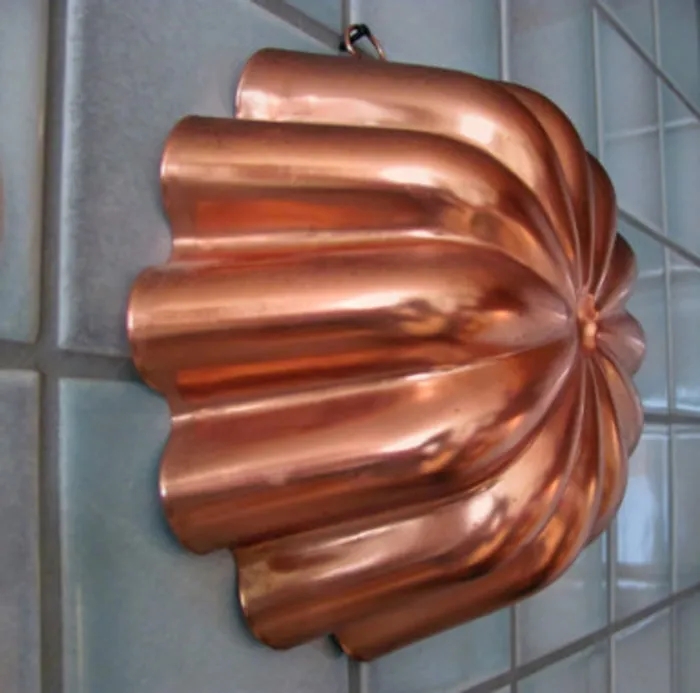Copper hits 4-month low

Copper hit a four-month low on Monday as political deadlock in Greece kept alive the risk of the country exiting the eurozone, and as investors worried about slowing growth in top copper consumer China.
China cut the amount of cash banks must hold as reserves in a bid to boost lending and spur growth, but the move only served to heighten concerns about a deepening slowdown in the world's second-largest economy.
In Europe, the refusal of a major Greek leftist party to join a new government has brought the prospect of Greece's exit from the euro amid sovereign bankruptcy a step closer. The region's finance ministers, gathering in Brussels, also face a worsening fiscal position in Spain.
Anti-austerity momentum may possibly grow even in Germany after Chancellor Angela Merkel conservatives suffered a crushing defeat on Sunday in an election in the country's most populous state.
“It's hard to disentangle (China) from worries about Europe (that) have been mounting in recent days,” said BNP Paribas analyst Stephen Briggs.
“There are still some bullish factors. It looks like another year of deficit for copper, everyone seems to agree on that but everything is being overridden by bigger macro developments on the negative side.”
Three-month copper on the London Metal Exchange fell more than 2 percent to $7,822.75 a tonne by 11:07 SA time from $8,013 on Friday, after sinking as low as $7,813 earlier, its weakest since January 12 .
Latest LME data showed copper stocks fell 2,975 tonnes to 218,300 tonnes, the lowest since October 2008 and equivalent to four days of global consumption.
The move failed to lift copper prices, however, especially after the premium for cash copper over the three-month price fell $37.50 from more than $110 last week - indicating nearby supply tightness is easing.
NOT ABOUT LIQUIDITY
Investors were considering whether China's move to cut bank reserve ratios was behind the curve, coming as it has after data last week showing the world's No. 2 economy slowed further in April.
This followed the weakest first-quarter growth in nearly three years. Also last week, data showed China's copper imports fell nearly 19 percent to an eight-month low, while its output of refined copper fell for the first time since January.
“It's not about liquidity, it's about real demand. So the liquidity improvement will not help because there's simply no demand out there,” said Henry Liu, head of commodity research at Mirae Asset Securities in Hong Kong.
In other metals traded, soldering metal tin fell to $20,375 a tonne from $20,475.
Indonesia, the world's largest tin exporter, plans to introduce new quotas to limit mineral exports, as well as a 20 percent duty on mineral exports by certain companies, Indonesian government officials said on Friday.
Zinc, used to galvanise steel, fell to $1,914 from $1,948, having hit a five-month low of $1,912 earlier, despite a 2,400 tonne drop in LME stock to 930,925 tonnes, with 23 percent of that number earmarked to leave warehouses.
Battery material lead fell to $2,029 from $2,072, aluminium fell to $2,022.25 from $2,045, having hit a five-month floor of $2,019 a tonne
earlier.
Russia's UC RUSAL Plc, the world's biggest aluminium producer, posted an 84 percent drop in first-quarter net profit as prices fell, potentially fuelling a shareholder row over the company's refusal to sell its stake in Norilsk Nickel.
Stainless-steel ingredient nickel fell to $16,931 from $17,195, having hit a 5-1/2 month low of $16,900 a tonne earlier. - Reuters